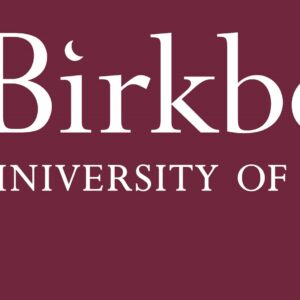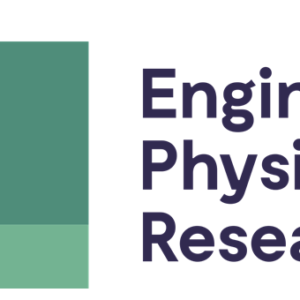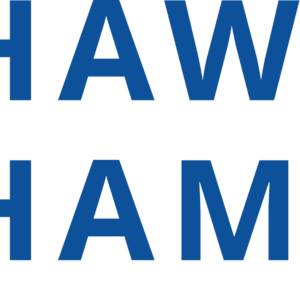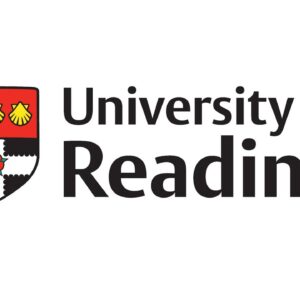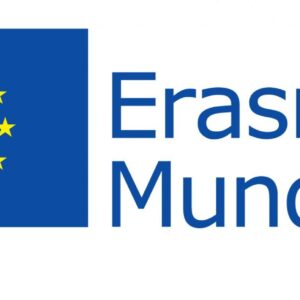40 Fully-Funded PhD Scholarships for Teachers 2025: Complete Application Guide & Success Strategies
The path from classroom teaching to pursuing a doctorate represents a significant leap in professional growth for educators. Fully-funded PhD scholarships offer an unparalleled opportunity for teachers to advance their careers without the burden of financial strain. With stipends reaching up to $50,000 per year, these scholarships empower educators to focus on impactful research and leadership roles within the field of education.
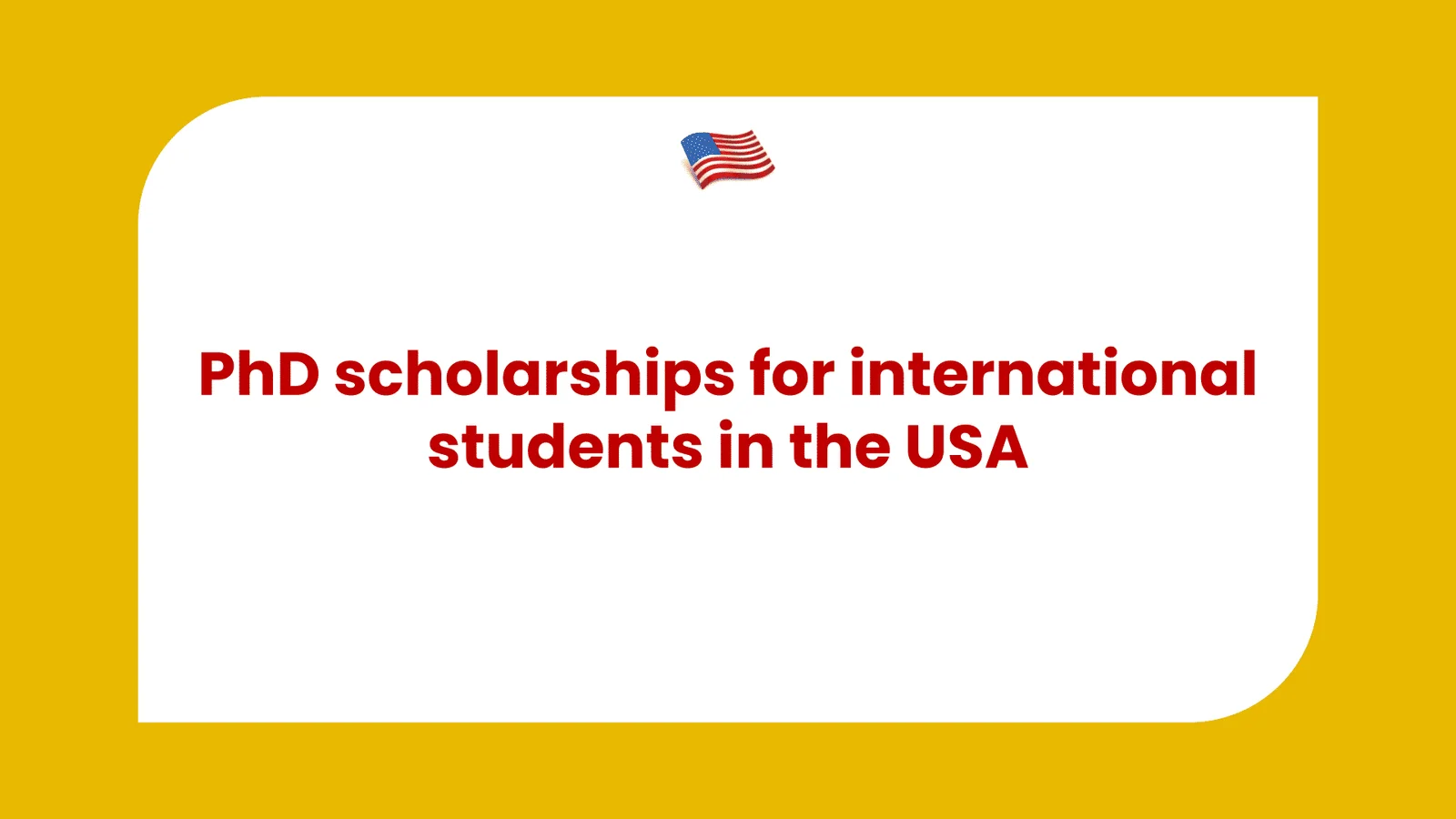
This guide explores the dynamic landscape of fully-funded PhD scholarships for teachers available in 2025. It outlines the key benefits, application processes, and strategies for success. With acceptance rates rising as institutions increasingly value experienced educators in research, this is the perfect time for teachers to elevate their academic and professional profiles. Whether you’re passionate about educational technology, curriculum development, or STEM education, you’ll find scholarships tailored to your ambitions.
Apply for Fulbright Foreign Scholarships Now!
By following this comprehensive guide, you’ll gain actionable insights into government programs, university fellowships, international grants, and corporate scholarships. From understanding eligibility criteria to mastering the application timeline, this resource ensures educators are equipped to secure their fully-funded PhD journey.
Government-Funded Scholarships
Federal Teaching Fellows Program
- Stipend: $45,000/year
- Eligibility: Certified K-12 teachers in the U.S. with at least three years of experience.
- Benefits: Covers tuition, research funding, and teaching assistantship opportunities.
- Application Process: Submit a teaching portfolio, research statement, and recommendation letters by April 15, 2025.
National Science Foundation Teaching Grants
- Stipend: $40,000/year
- Eligibility: STEM teachers focusing on curriculum innovation or STEM pedagogy.
- Benefits: Tuition waiver, research grants, and professional development.
- Application Deadline: March 1, 2025.
Department of Education Doctoral Grants
- Stipend: $42,000/year
- Eligibility: U.S. citizens pursuing research in educational equity or leadership.
- Benefits: Includes mentorship opportunities and access to federal research facilities.
- Application Process: Requires a detailed proposal and interviews.
State-Level Teaching Excellence Awards
- Stipend: $38,000/year
- Eligibility: Teachers nominated by their schools or districts.
- Benefits: Funds doctoral studies and classroom innovation projects.
- Deadlines: Vary by state; generally fall in Spring 2025.
University Teaching Fellowships
Harvard Graduate School of Education
- Stipend: $48,000/year
- Teaching Requirement: 10 hours per week.
- Eligibility: Experienced educators with leadership potential.
- Application Details: Submit transcripts, teaching portfolio, and essays by January 10, 2025.
Stanford Teacher Education Program
- Stipend: $46,000/year
- Eligibility: Teachers focused on innovation in teaching practices.
- Benefits: Includes international exchange opportunities.
- Application Process: Portfolio review and interview.
MIT Teaching Innovation Grants
- Stipend: $45,000/year
- Eligibility: Teachers with STEM teaching experience.
- Benefits: Tuition waiver and research funding for innovative teaching methods.
- Application Deadline: February 15, 2025.
Columbia Future Educators Program
- Stipend: $44,000/year
- Eligibility: Teachers committed to urban education and policy reform.
- Benefits: Access to Columbia’s extensive research resources.
- Application Process: Essay submissions and teaching demonstration.
International Opportunities
Fulbright Teaching Scholars
- Stipend: $40,000/year
- Eligibility: U.S. teachers seeking international research collaborations.
- Benefits: Covers travel, living expenses, and research funding.
- Deadline: October 1, 2024.
Commonwealth Teacher Exchange
- Stipend: $38,000/year
- Eligibility: Teachers from Commonwealth countries pursuing global educational practices.
- Benefits: Tuition, living expenses, and international travel.
- Application Process: Requires institutional endorsement.
European Commission Teaching Grants
- Stipend: $42,000/year
- Eligibility: Educators focusing on EU-centric research topics.
- Benefits: Full tuition, monthly stipend, and conference funding.
- Application Deadline: March 31, 2025.
Australia Research Training Program
- Stipend: $41,000/year
- Eligibility: Teachers with research interests in inclusive education or pedagogy.
- Benefits: Covers tuition and living costs.
- Application Details: Applications close May 2025.
Foundation & Corporate Scholarships
Gates Foundation Teacher Leaders
- Stipend: $50,000/year
- Eligibility: Teachers with proven leadership in educational innovation.
- Benefits: Research grants and mentorship from industry leaders.
- Deadline: December 31, 2024.
Ford Foundation Education Innovation
- Stipend: $45,000/year
- Eligibility: Teachers pursuing equity and inclusion research.
- Benefits: Includes professional development funds.
- Application Process: Comprehensive essays and interview.
Pearson Teaching Excellence Awards
- Stipend: $40,000/year
- Eligibility: K-12 teachers demonstrating innovative pedagogy.
- Benefits: Funding for doctoral studies and classroom projects.
- Deadline: April 30, 2025.
Google Education Grants
- Stipend: $48,000/year
- Eligibility: Teachers integrating technology in education.
- Benefits: Access to Google’s tech ecosystem.
- Application Process: Proposal submission and tech demonstration.
Research Focus Areas
- Educational Technology: Designing tech-driven solutions for classrooms.
- Curriculum Development: Innovating and adapting curriculum frameworks.
- Teaching Methodology: Enhancing pedagogical practices.
- Educational Leadership: Preparing for administrative and policy-making roles.
- Special Education: Focusing on inclusive education practices.
- STEM Education: Promoting science, technology, engineering, and math teaching.
Application Success Strategy for Teacher PhD Scholarships
Successfully applying for a teacher PhD scholarship requires strategic planning and meticulous preparation. Here’s an in-depth guide to help you craft a compelling application:
1. Document Preparation
Organizing essential documents ensures a polished application:
- CV/Resume: Highlight academic achievements, teaching experience, research, and professional development activities. Tailor it to emphasize your contributions to education.
- Transcripts: Obtain official copies of academic records and ensure accuracy.
- Teaching Portfolio: Include teaching philosophy, examples of lesson plans, classroom innovations, and student feedback to showcase your effectiveness as an educator.
2. Research Statement
The research statement is a critical component of your application. Key tips:
- Define Unique Interests: Clearly outline your research focus, how it addresses gaps in the field, and its potential impact on educational practice or policy.
- Connect to Scholarship Goals: Tailor the statement to align with the scholarship’s mission or focus areas (e.g., STEM education, equity in learning).
- Show Feasibility: Provide a roadmap for your research, including methodologies and anticipated outcomes.
3. Teaching Portfolio
A strong teaching portfolio demonstrates your commitment and skill as an educator:
- Classroom Achievements: Include measurable outcomes, such as improved test scores or innovative projects.
- Methodologies: Highlight diverse teaching strategies, incorporating technology, differentiated instruction, or inclusive practices.
- Professional Development: Document workshops, certifications, and other training that enhance your teaching skills.
4. Reference Letters
Secure endorsements from individuals who know you professionally and academically:
- Choose Strategically: Request letters from supervisors, colleagues, or professors who can speak to your teaching abilities and research potential.
- Provide Guidance: Share your CV, research statement, and details about the scholarship to help referees tailor their letters.
- Request Early: Allow ample time for referees to write comprehensive recommendations.
5. Interview Preparation
If shortlisted, interviews are critical to success:
- Anticipate Questions: Prepare answers for topics like your teaching philosophy, research goals, and why you are a good fit for the scholarship.
- Practice Delivery: Conduct mock interviews to improve confidence, articulation, and time management.
- Highlight Impact: Emphasize how your work aligns with the scholarship’s objectives and contributes to the field of education.
6. Timeline Management
Effective time management ensures you meet all deadlines:
- Create a Calendar: Mark application deadlines, interview dates, and document submission timelines.
- Set Reminders: Use digital tools like Google Calendar or Trello to track progress and send alerts.
- Avoid Procrastination: Complete sections of the application early, allowing time for review and unforeseen delays.
Additional Tips
- Tailor Applications: Personalize each application to fit the specific requirements and goals of the program or scholarship.
- Proofread Thoroughly: Ensure all documents are error-free and well-formatted. Seek feedback from mentors or peers.
- Seek Feedback: Have colleagues or mentors review your application materials to refine and strengthen them.
By following this structured approach, you can create a competitive application that highlights your strengths and aligns with the goals of teacher PhD scholarships.
Financial Planning
Financial Planning for Teacher PhD Scholars
Effective financial planning is crucial for managing expenses and making the most of available funding during a PhD program. Here’s a comprehensive strategy:
1. Stipend Management
PhD stipends are often modest, so careful budgeting is essential:
- Create a Budget: Track monthly expenses, including rent, utilities, groceries, transportation, and discretionary spending.
- Set Priorities: Allocate funds for essential needs first and limit non-essential expenses.
- Build an Emergency Fund: Save a portion of your stipend for unexpected expenses, such as medical emergencies or repairs.
- Use Financial Tools: Leverage budgeting apps like Mint or YNAB to monitor spending.
2. Research Funding
Most PhD programs offer limited research funding, so explore additional sources:
- Internal Grants: Apply for departmental or university-level grants for research-related expenses, such as fieldwork or equipment.
- External Grants: Seek funding from organizations like the National Science Foundation (NSF) or foundations supporting education research.
- Publication Support: Some institutions provide funding for journal publication fees—research these options early.
3. Conference Grants
Attending academic conferences is vital for networking and career growth:
- University Support: Many universities offer travel grants for conference participation.
- Professional Associations: Organizations like the American Educational Research Association (AERA) often provide funding for members presenting at conferences.
- Apply Early: Grant deadlines often align with conference schedules, so plan applications well in advance.
4. Teaching Income
Part-time teaching can supplement your stipend:
- Teaching Assistant Roles: Apply for TA positions within your department to gain income and teaching experience.
- Adjunct Roles: Explore opportunities at nearby colleges or community colleges for additional teaching assignments.
- Tutoring Services: Offer private tutoring for students, leveraging your teaching expertise.
5. Living Expenses
Managing accommodation and utilities is a significant part of financial planning:
- Affordable Housing: Consider university housing or shared apartments to reduce costs.
- Utility Management: Use energy-efficient appliances and monitor usage to lower bills.
- Meal Planning: Cook at home instead of dining out to save money.
- Local Discounts: Take advantage of student discounts for transportation, entertainment, and shopping.
6. Family Support
For scholars with families, additional considerations include:
- Family Stipends: Some scholarships include family benefits, such as additional funding for dependents or childcare. Examples include the Fulbright program and Erasmus Mundus.
- Childcare Assistance: Research whether your university offers subsidized childcare or partnerships with local daycare centers.
- Health Insurance: Ensure your stipend or scholarship includes health coverage for your family or explore affordable family insurance plans.
- Spousal Employment: If applicable, explore work options for spouses in your area or on campus.
Additional Tips
- Track Taxes: Understand the tax implications of your stipend or additional income and set aside funds for tax payments if necessary.
- Negotiate Costs: Ask landlords or service providers about discounts or flexible payment terms.
- Seek Financial Advice: Universities often have financial advisors who can guide PhD students on managing their finances effectively.
By combining strategic budgeting with proactive efforts to secure additional funding, teacher PhD scholars can maintain financial stability throughout their programs.
Conclusion
The journey toward earning a fully-funded PhD as a teacher is a transformative one. It opens avenues for academic growth, innovation, and leadership in education. By leveraging the scholarships and strategies outlined in this guide, educators can turn their doctoral aspirations into reality while making a lasting impact in the field.
From understanding eligibility criteria to mastering the application process, this guide equips teachers with all the tools necessary to secure funding and thrive in their PhD programs. Remember, each step of the journey—from choosing the right program to planning your research focus—brings you closer to becoming a leader in education.
Take the first step today. Research the scholarships that resonate with your goals, prepare your application materials meticulously, and embrace this exciting opportunity to advance your career. The future of education depends on passionate educators like you who are willing to innovate, lead, and inspire.
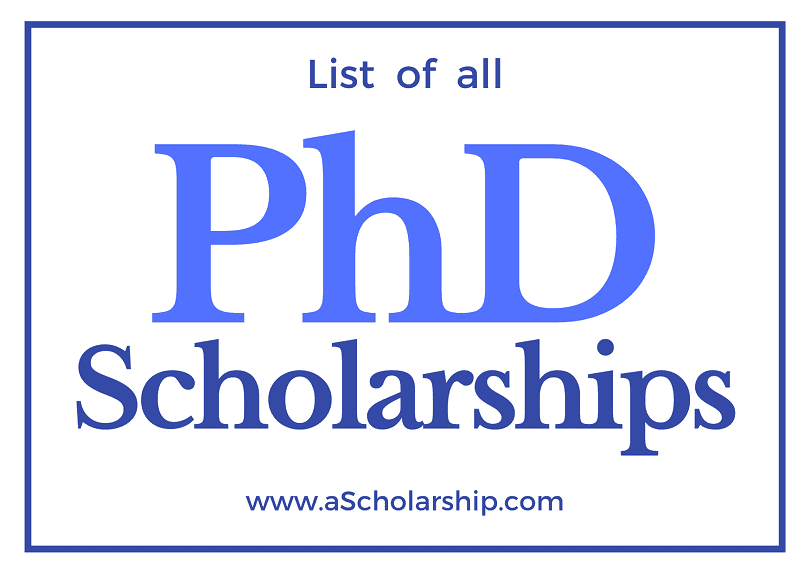
Comprehensive Resources for Scholarship Applications
Navigating scholarship opportunities requires reliable and accessible resources. Below is an extensive guide to essential platforms and tools for securing funding for education:
1. Government Portals
Government-funded scholarships often provide substantial support. The following resources are essential:
- National Science Foundation (NSF): Offers graduate and undergraduate funding in STEM disciplines. Learn more at NSF Scholarships.
- U.S. Department of Education: Provides insights into federal financial aid programs like Pell Grants and TEACH Grants. Visit Federal Student Aid.
- State-Specific Programs: Each U.S. state has unique offerings. For instance, California Student Aid Commission provides resources specific to California residents.
2. University Sites
Elite universities provide generous funding for outstanding candidates. Explore direct application pages for:
- Harvard University Scholarships
- Stanford University Scholarships
- MIT Scholarships
- Columbia University Scholarships
3. Global Programs
International scholarships foster global education. Key opportunities include:
- Fulbright Program: Supports cultural exchange and graduate study (Fulbright).
- Commonwealth Scholarships: For students from Commonwealth nations (Commonwealth Scholarships).
- European Commission: Offers Erasmus Mundus funding (European Commission Scholarships).
4. Foundation Grants
Private organizations are major contributors to scholarships:
- Gates Scholarship: Aimed at high-achieving minority students (The Gates Scholarship).
- Ford Foundation: Supports diversity in academia (Ford Foundation Fellowships).
- Pearson Scholarship: Assists students pursuing education degrees (Pearson Scholarships).
- Google Scholarships: Encourages diversity in tech (Google Scholarships).
5. Application Tools
Streamline your scholarship search and management through these platforms:
- GradSchoolMatch: Connects students with programs tailored to their interests (GradSchoolMatch).
- ScholarshipPortal: A global platform for scholarships (ScholarshipPortal).
Frequently Asked Questions About Teacher PhD Scholarships
1. What are the eligibility requirements for teacher PhD scholarships?
Eligibility criteria typically include:
- A bachelor’s or master’s degree in education or a related field.
- A strong academic record.
- A demonstrated commitment to teaching or educational research.
Specific programs may require proof of teaching experience or research contributions.
2. How much teaching experience is required?
This varies by program:
- Some scholarships require no teaching experience, targeting recent graduates.
- Others prefer candidates with 2–5 years of teaching in primary, secondary, or higher education settings.
3. Can I work while pursuing the PhD?
Yes, but with limitations:
- Many programs allow part-time work, especially within the university (e.g., teaching assistant roles).
- External work may require program approval to ensure academic obligations are met.
4. What are the teaching obligations during the program?
Teaching responsibilities often include:
- Conducting undergraduate courses or labs.
- Supervising student projects.
- Assisting in curriculum development.
Teaching commitments vary, typically 10–20 hours per week.
5. Are family benefits included?
Some scholarships provide family benefits, such as:
- Health insurance for dependents.
- Childcare stipends or access to on-campus facilities.
- Relocation assistance for family members (varies by country and program).
6. What are the research requirements?
PhD candidates are generally expected to:
- Conduct original research contributing to education theory or practice.
- Publish findings in academic journals.
- Present work at conferences.
7. How competitive are these scholarships?
Teacher PhD scholarships are highly competitive due to limited funding. Strong applications often include:
- High academic achievement.
- Clear research proposals.
- Evidence of teaching or leadership impact.
8. Can I apply to multiple programs?
Yes. Applying to multiple scholarships increases your chances but ensure you meet each program’s eligibility and tailor your application accordingly.
9. What about international teachers?
Many scholarships are open to international applicants. Requirements may include:
- Valid visas.
- Equivalent academic qualifications.
- Demonstrated commitment to returning home to contribute to local education systems (in some cases).
10. Are there language requirements?
Yes, typically:
- Proficiency in the program’s language of instruction (e.g., English).
- Proof through standardized tests like TOEFL or IELTS for non-native speakers.
11. What’s the application timeline?
Applications usually open 6–12 months before the program begins. Deadlines are often in the fall or winter prior to the academic year.
12. How long is the funding guaranteed?
Scholarships typically cover 3–5 years, aligned with the program duration. Extensions may be possible for research-intensive fields.
13. What’s the success rate?
Success rates vary, often 5–20%, depending on the scholarship’s prestige and funding availability.
14. Can I transfer between universities?
Transfers are rare and challenging, requiring:
- Approval from both universities.
- A clear justification (e.g., supervisor relocation).
- Adherence to funding conditions.
15. What about post-PhD obligations?
Some scholarships require:
- Service commitments, such as teaching in underserved areas or returning to your home country.
- Continued research or teaching contributions for a specified period.


